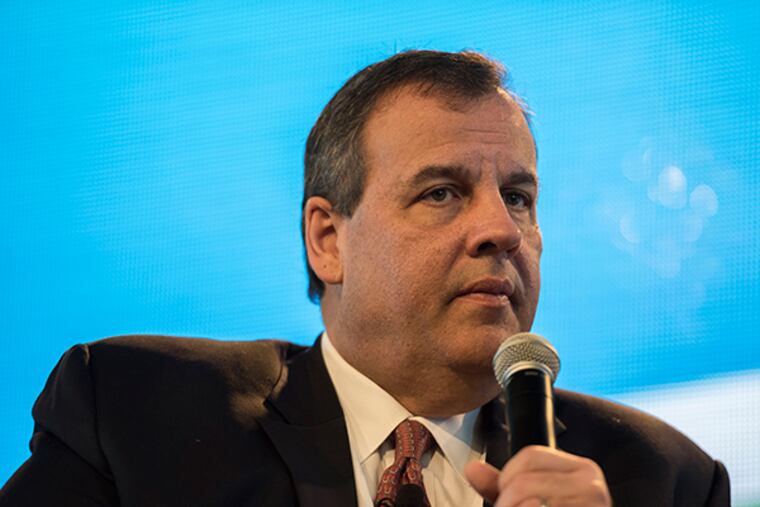This is unsettling
For decades, Exxon Mobil dumped toxic discharge into New Jersey's wetlands. The sites of its former refineries in Bayonne and Linden still reek of petroleum waste.

For decades, Exxon Mobil dumped toxic discharge into New Jersey's wetlands. The sites of its former refineries in Bayonne and Linden still reek of petroleum waste.
Gov. Christie's course change in a lawsuit seeking restitution for the environment and people of the state also has an unpleasant odor. The case was in litigation for 11 years, and following an eight-month trial last year and final briefs in November, a state Superior Court judge was about to set damages. But before he could, the Christie administration fashioned a surprising proposed settlement.
Under the deal, the same government that had asked for $8.9 billion in damages agreed to accept astonishingly little: $225 million. It's still not clear whether the Christie administration would apply much of that sum to repairing environmental damage. There are indications that the administration could instead shovel it into the state budget to close a deficit created by its imprudent fiscal practices.
Bradley Campbell, who headed the state Department of Environmental Protection when the lawsuit was initiated under Democratic Gov. Jim McGreevey in 2004, had sharp words for the settlement. In response, the Christie administration engaged in a desperate attempt at misdirection, calling Campbell and another critic partisan but dealing less than a glancing blow to the former commissioner's arguments in a New York Times op-ed.
Campbell rightly noted that while several other polluters had agreed to settlements to cover the harm they had done to the environment, Exxon refused. If this deal goes forward, the message to polluters is that they can have their way with the state.
The Christie administration has pointed out that the settlement would come on top of Exxon's continuing obligation to clean up the sites. But the goal of the lawsuit was to enable environmental restoration beyond basic remediation.
New Jersey bears more of the scars of industrialization than most states. So it's remarkable that the state's lawyers noted in their final brief that the "scope of the environmental damage resulting from the [Exxon] discharges is as obvious as it is staggering and unprecedented in New Jersey."
What is also obvious and staggering is theweb, thanks partly to the governor's shameless pandering to special interests as he burnishes his national reputation. That Exxon dumped $500,000 into the Republican Governors Association in 2014, when Christie chaired the group, only intensifies the stench surrounding this deal.
Legislators have called for an investigation into the settlement, which is a good idea. Better yet, Judge Michael Hogan could reject the settlement and force a fairer result for the state's environment and its people.